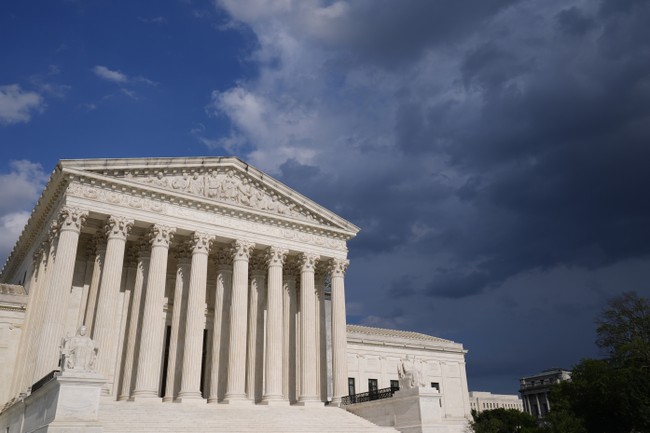Justice Alito noted that the Supreme Court has taken a variety of approaches to suits in which death row inmates asked that their spiritual advisers be present to comfort them during their last minutes. The new case, Ramirez v. Collier, No. 21-5592, was, he said, only the latest elaboration.
“We have had a whole series of stay applications that present issues that are related to the one that is presented here, and each one has been different,” he told Mr. Kretzer. “And what you have said so far suggests to me that we can look forward to an unending stream of variations.”
In 2019, for instance, the court allowed by a 5-to-4 vote the execution of an Alabama inmate, Domineque Ray, a Muslim whose request that his imam be present had been denied. At the time, Alabama allowed only a Christian chaplain employed by the prison system to offer spiritual guidance to condemned inmates during their last moments.
A few weeks later, the court confronted a similar case from Texas and came to a different conclusion, staying the execution of a Buddhist inmate whose request that his spiritual adviser be present in the execution chamber had been denied.
In a concurring opinion, Justice Kavanaugh wrote that states could exclude advisers of all denominations from the execution chamber, but may not allow only some to be present.
Alabama responded by excluding all spiritual advisers from the death chamber. In February, the Supreme Court nonetheless let stand a ruling that halted the execution of an Alabama inmate, Willie B. Smith III, a Christian, unless the state allowed his pastor to be present in the death chamber.
“Alabama has not carried its burden of showing that the exclusion of all clergy members from the execution chamber is necessary to ensure prison security,” Justice Kagan wrote for four justices in a concurring opinion. “So the state cannot now execute Smith without his pastor present, to ease what Smith calls the ‘transition between the worlds of the living and the dead.’”
















Discussion about this post